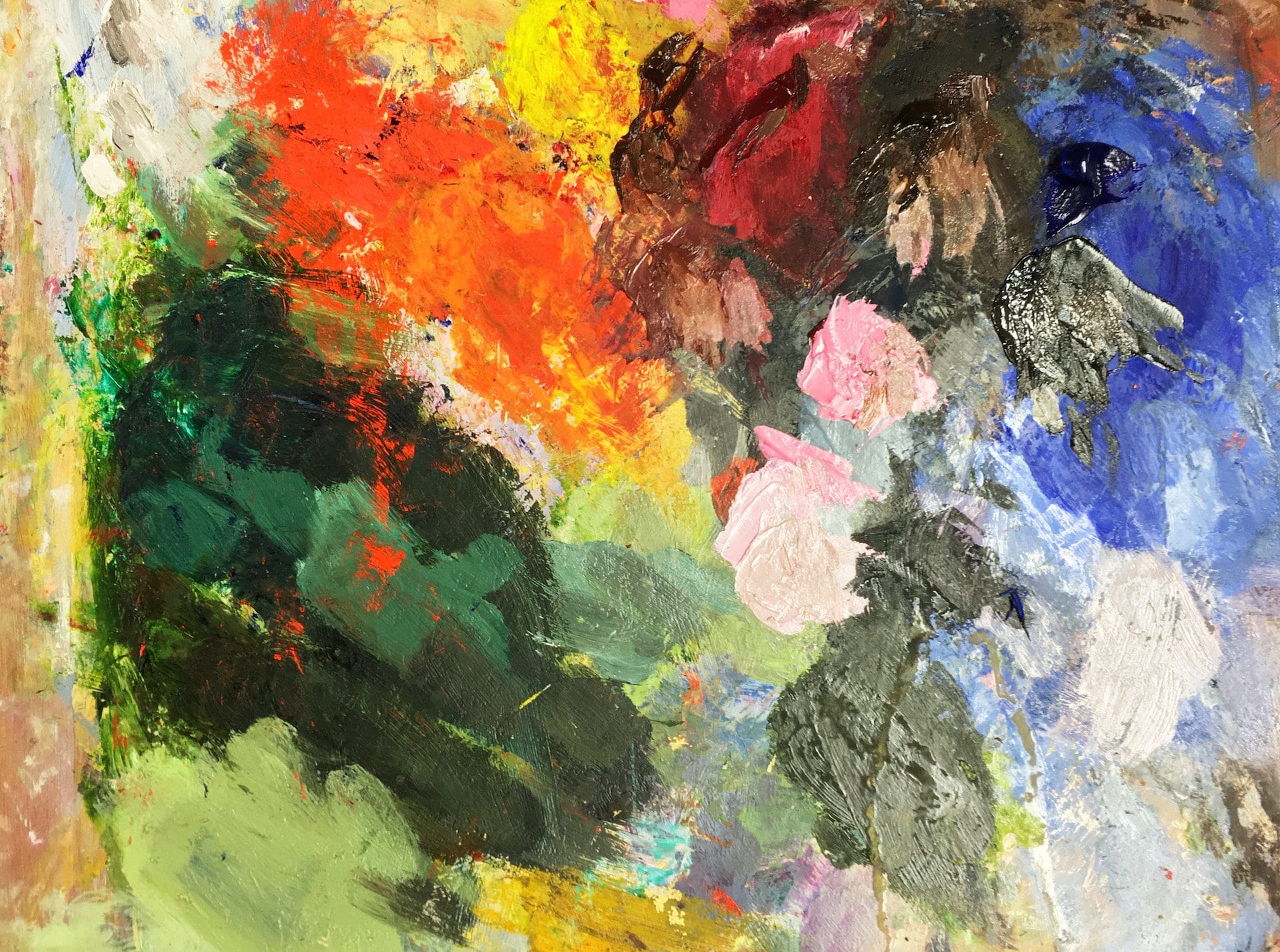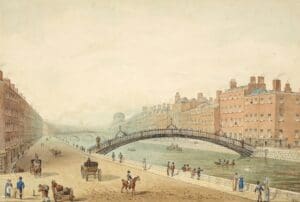By Meagan Fitzgerald and Elizabeth Kuhr
See original post here.
CORK, Ireland — Artist Elinor O’Donovan draws, sculpts and creates installations, and said she feels lucky that her passion is also her profession.
“I can’t imagine not doing it,”
O’Donovan, 27, told NBC News earlier this month at her studio here in the southern city of Cork. “But it’s also a job for me.”
Until September, O’Donovan said she had to work part time as a receptionist to fund her artistic endeavors.
But then she was among 2,000 artists and cultural workers selected to participate in a basic income pilot program launched by the Irish government to receive €325 ($326) a week for three years without any constraints on how the money is spent.
Grant recipients, including visual artists, musicians, filmmakers, writers, actors and dancers, were chosen at random from a pool of more than 8,000 eligible applicants, the government said in a news release; 13 circus artists and 10 architects were also selected for the income grants.
Participants have to complete a survey every six months, which asks them about their artistic output and working hours, as well as their sleeping habits and the state of their mental health. The survey also asks about their societal participation, which can include activities like volunteering and caring for relatives. A control group of artists who did not receive funding will also be surveyed and tracked to compare results of those of received funding against those who didn’t.
The idea, which has cross-party support, originated from a 2020 report organized by Ireland’s Minister of Culture Catherine Martin, which investigated the impact the Covid-19 pandemic had on the arts.
“The pandemic reinforced the fact that each and every person relies on and leans into the arts during times of need, and every person was reminded of the true value of artists and their work during the last two years as we listened to music, read poetry and watched films to get ourselves through those difficult days,” Martin, a classical singer, said in a statement when the plan was launched.
It is one of several projects underway around the world to test the effectiveness of a universal basic income in which governments pay citizens a lump sum each month. Similar projects have been started in California, Germany and Finland.
Advocates say it can provide a level of economic security to everyone, and some see it as a potential solution to insecurity in the labor market. Its detractors have argued it gives people an incentive not to work.
Ireland relies on its artists to attract tourists and foreign investment, which fosters economic growth, according to Declan Jordan, a senior lecturer in economics at the Cork University Business School.
Jordan, a proponent of the program but not connected to it, said that the grants might allow the artists to invest the time they need to create their art or change their medium, “or they might put more effort in, become more successful.”
If artists can focus solely on their work, “that benefits society in the long run too,” he said.
He cautioned, however, that there would be “people who take advantage” of the program, which will cost almost $34 million a year on top of the $142 million that Ireland’s main arts funding body, the Arts Council, spends every year, despite statistics that show poverty rates rising.
But Jordan said he believes that’s “part of the cost you build into a system.”
The government said it would evaluate the income program regularly “to determine the impact of the grant payment,” which is well below Ireland’s average weekly earnings of about $1,000.
“What matters to people, really, is how happy they are,”
Jordan said. “That’s where we should be measuring the effectiveness of the scheme.”
O’Donovan said her professional and personal life had improved as a result of the income grant.
In April, she said she participated in an artists’ residency in Iceland, where she created her first film. She is also playing soccer, taking ceramics courses and learning Spanish.
“It’s been hugely transformative,” O’Donovan said, saying that the program had allowed her to “devote my time to my art practice and be in the studio.”





















